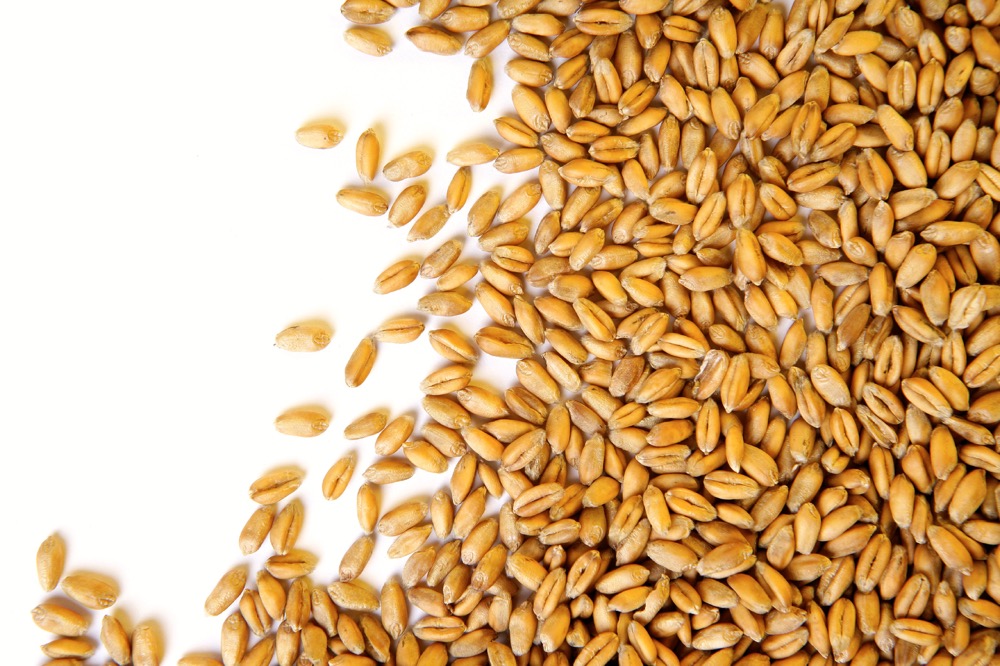Weyburn, Sask. –– Barrie Mann is here to remind about five dozen farmers what their biggest farm expense is.
And what he’s proposing to them at this meeting Thursday is a way of “allowing the profits from fertilizer to go back in your bank account.”
Most of these same farmers were on hand in October 2012, when Farmers of North America (FNA) went on the road to drum up interest in Project N, a plan to build a majority-farmer-owned fertilizer plant at Belle Plaine, Sask.
Read Also

IGC raises 2025/26 world wheat crop forecast
The International Grains Council has raised its forecast for 2025/26 global wheat production with crop outlooks upgraded for Russia, the United States and Argentina.
Many here raised their hands when asked if they’re investors in Project N.
Though no plants have been built to date, Project N is still in the works, according to Mann, FNA’s chief operating officer.
This spring, however, FNA is on the road to promote and raise money for Genesis Grain and Fertilizer — its business plan to build seven supercentre farm input distribution sites across Western Canada.
Once FNA has raised the minimum amount listed in its offering memorandum — $24.2 million — it plans to begin construction of the first supercentre, at Belle Plaine.
The Belle Plaine facility would have capacity for 50,000 tonnes of dry granular fertilizer, plus liquid fertilizer storage.
In the long run, FNA plans to construct Project N on that same Belle Plaine site, and supply all seven supercentres with its own nitrogen fertilizer.
Until then, Genesis will sell fertilizer sourced from around the world by AgraCity — a separate company owned by Barrie Mann’s brother and FNA president, James Mann, with another Mann brother, Jason.
AgraCity will also provide logistics and selling services for Genesis.
Farmers buying fertilizer at the supercentres would pay market prices; Genesis would pass profits on to investors. “We’re not out to break the price of fertilizer,” Mann told the Weyburn audience.
Investors can buy units in the Genesis projects for $1,000 each, with a minimum investment of $10,000. Investors must be farmers, Canadians and FNA members.
Qualifying investors will only be able to resell shares to other buyers who meet those qualifications.
FNA is a Saskatoon-based input buying group, today charging $1,200 for a three-year membership. Membership entitles farmers to access farm input buying opportunities offered by AgraCity.
“There’s a lot of games played in the fertilizer game,” Mann said.
By buying shares in Genesis and letting management know their fertilizer needs in advance, he said, farmers will profit. Some years, Genesis may be able to buy fertilizer at low prices, sell at higher market prices, then pass the difference back to investors.
Mann said he hopes farmers buy at least enough shares in Genesis to account for their own fertilizer use. Farmers, he estimated, should invest $10 per acre of land in the Genesis project to effectively hedge their needs.
“If your investment is much less, you’re just buying retail.”
When a Weyburn farmer asked why bigger companies would let a new, smaller facility come in and disrupt the market, Mann explained that Genesis would only, ultimately, make up a small share of the fertilizer market.
As such, “we’re not going out to bust the price of fertilizer. We’re not competing.”
— Leeann Minogue is editor of Grainews, based at Griffin, Sask. Follow her @GrainMuse on Twitter.












